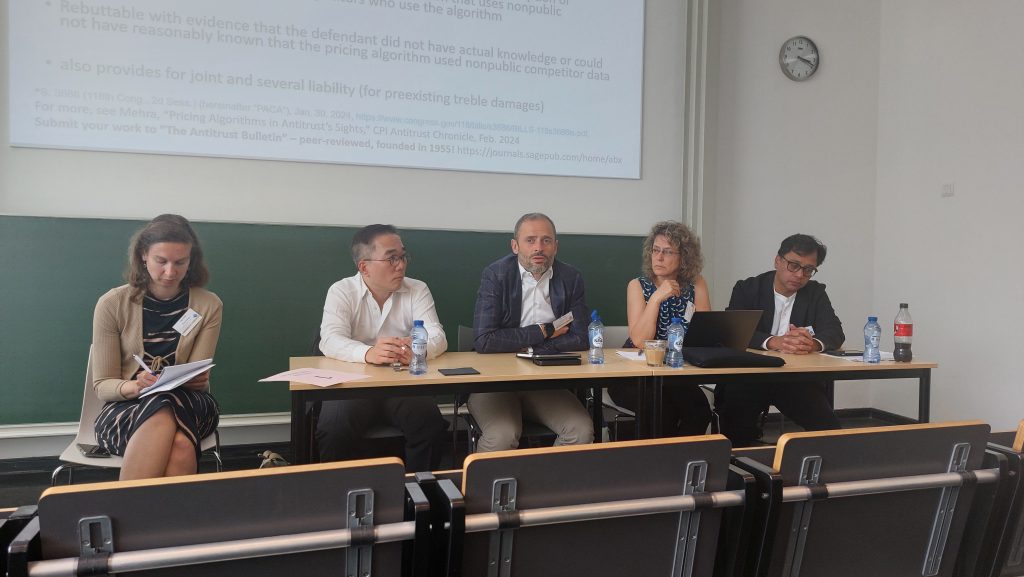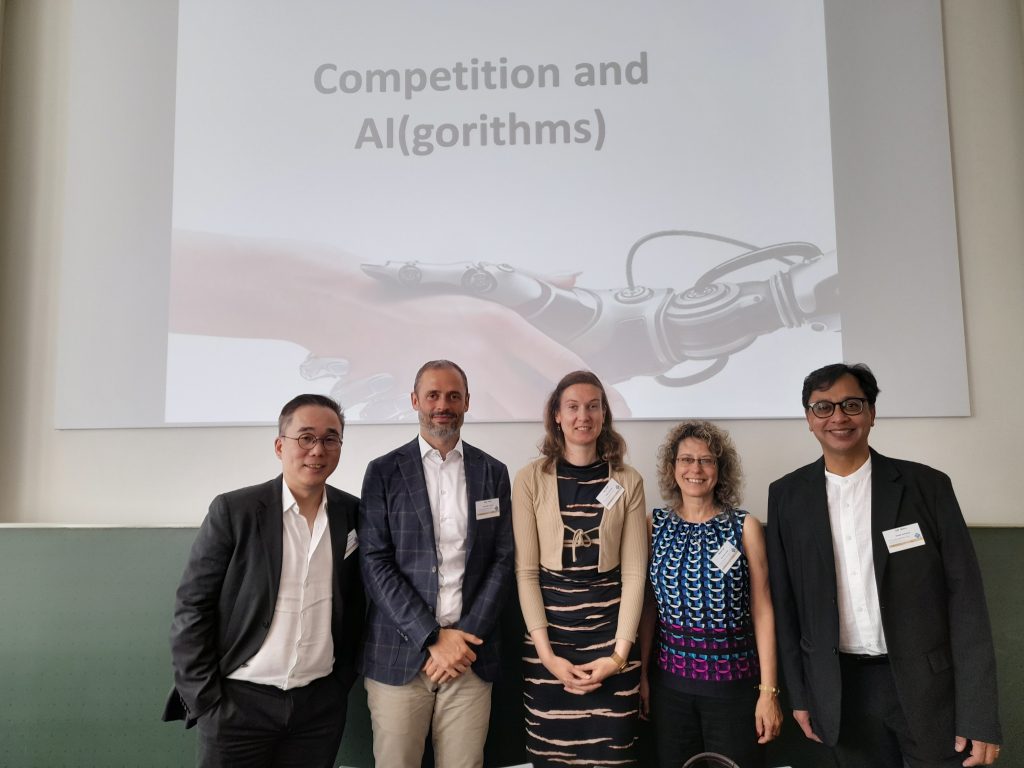
A panel discussion organised by INCA at the 8th edition of the TILTingPerspectives Conference
On 9 July, in the context of the INCA project, a panel was held on ‘What We Know About How Algorithms Affect Competition (Law)’. The debate was part of the 8th edition of the TILTing Perspectives Conference entitled “Re-assessing technology regulation in digitalized worlds”.
INCA member Inge Grief (Tilburg University) moderated the discussion between four prominent experts: Michal Gal (University of Haifa), Thomas Cheng (University of Hong Kong), Salil Mehra (Temple University), and Peter Picht (University of Zurich).
Algorithms are commonly used by market players to perform a range of tasks, including setting price, output, and inventory levels, and predicting market strategies. Algorithms bring significant benefits in the form of cost savings and more accurate or sophisticated decision-making. At the same time, algorithms can give rise to several types of anticompetitive conduct in the areas of collusion, abuse of dominance and mergers. These concerns also apply to the big tech firms that are active in the domain of artificial
intelligence as well. Competitive dynamics are reshaped by the switch to algorithmic decision-making. So the panel discussed how algorithms affect market dynamics and how existing competition concepts and enforcement mechanisms may need to be adapted to balance the opportunities and risks of algorithms.
Furthermore, as part of the conference programme, Inge Graef also presented the ongoing work of the INCA team about data intermediaries.
